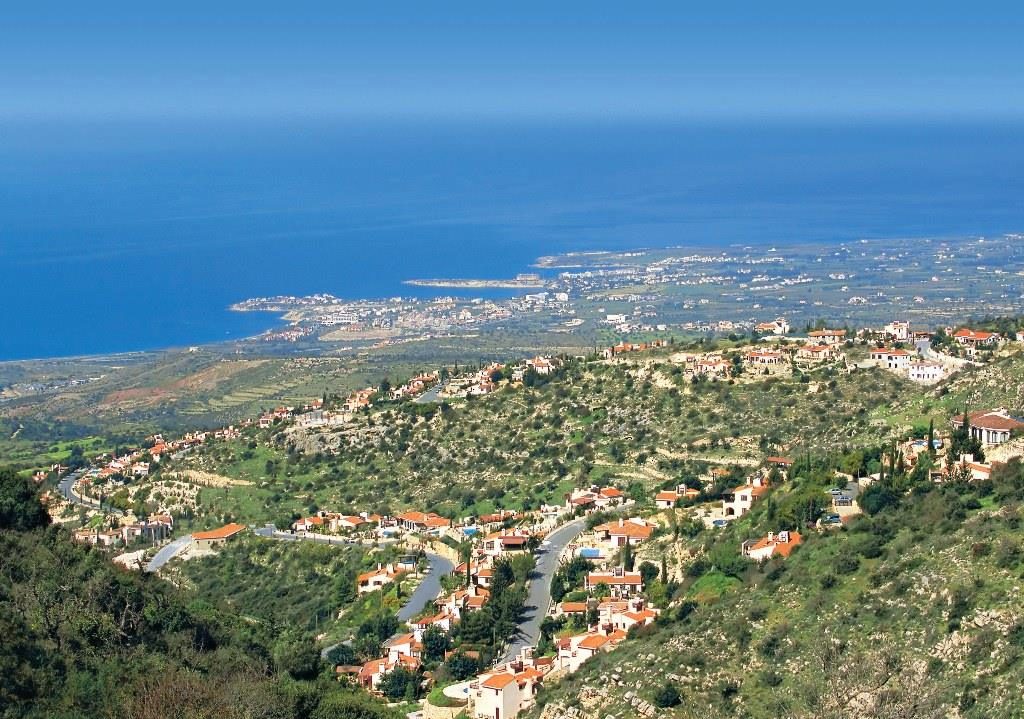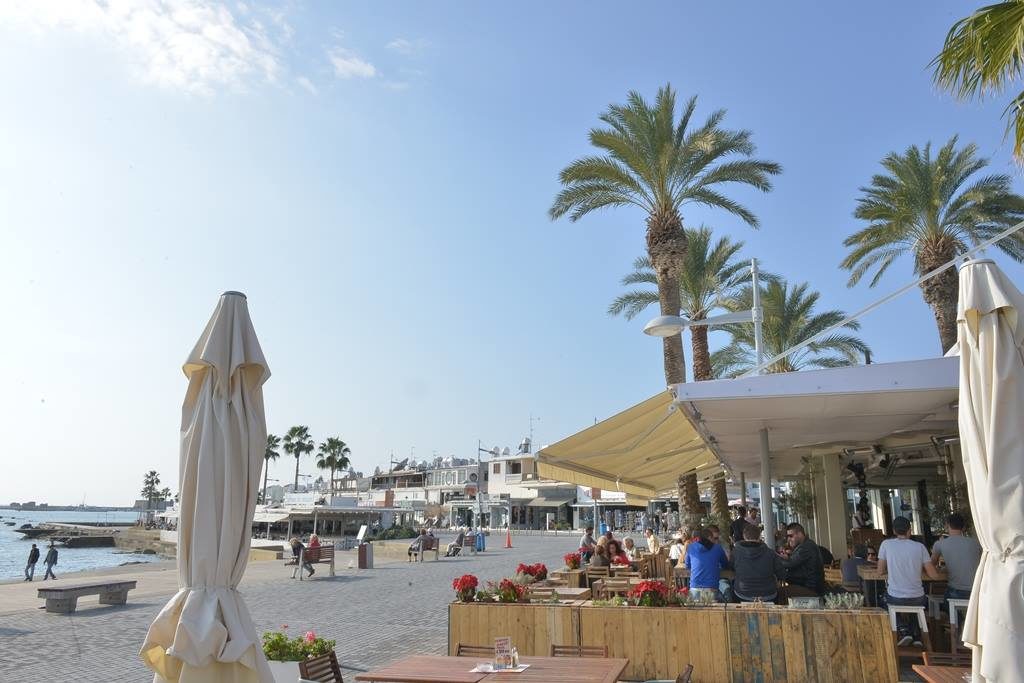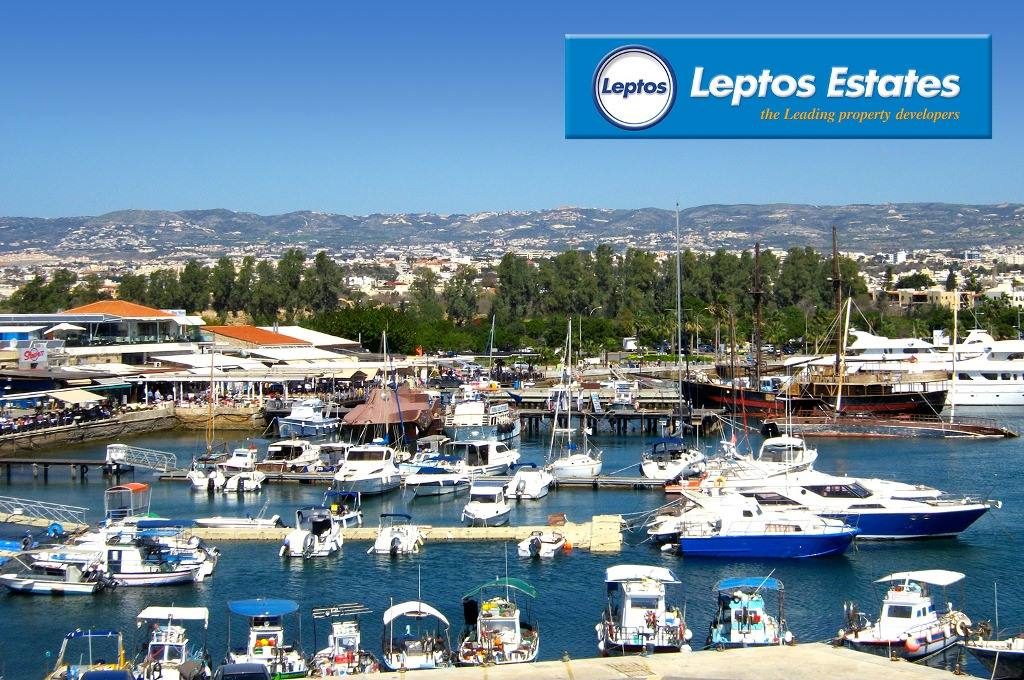Cypriot Economy Grows by 3.2% in Q1 2019, The Cypriot economy grew by a rate of 3.2% in the first quarter of 2019, data released by the Cyprus Statistical Service on Friday show.

GDP growth rate in real terms during the first quarter of 2019 is positive and estimated at 3.2% over the corresponding quarter of 2018, the Statistical Service says.
At the same time, based on seasonally and working day adjusted data, GDP growth rate in real terms is also estimated at 3.4%.

The increase of the GDP growth rate is mainly attributed to the sectors: “Construction”, “Information and Communication” , “Professional, scientific and technical activities”, “Administrative and support service activities” and “Arts, Entertainment and Recreation”.

On the other hand, negative growth rate was recorded in the sector “Financial and Insurance Activities”.
Cyprus has an open, free-market, service-based economy with some light manufacturing. Internationally, Cyprus promotes its geographical location as a “bridge” between East and West, along with its educated English-speaking population, moderate local costs, good airline connections, and telecommunications.

Since gaining independence from the United Kingdom in 1960, Cyprus has had a record of successful economic performance, reflected in strong growth, full employment conditions and relative stability. The underdeveloped agrarian economy inherited from colonial rule has been transformed into a modern economy, with dynamic services, industrial and agricultural sectors and an advanced physical and social infrastructure. The Cypriots are among the most prosperous people in the Mediterranean region, with nominal GDP per capita exceeding $25,000 in 2017.

Their standard of living is reflected in the country’s “very high” Human Development Index and Cyprus is ranked 23rd in the world in terms of the Quality-of-life Index. However, after more than three decades of unbroken growth, the Cypriot economy contracted in 2009. This reflected the exposure of Cyprus to the Great Recession and European debt crisis. In recent times, concerns have been raised about the state of public finances and spiralling borrowing costs. Furthermore, Cyprus was dealt a severe blow by the Evangelos Florakis Naval Base explosion in July 2011, with the cost to the economy estimated at €1–3 billion, or up to 17% of GDP.

The economic achievements of Cyprus during the preceding decades have been significant, bearing in mind the severe economic and social dislocation created by the Turkish invasion of 1974 and the continuing occupation of the northern part of the island by Turkey. The Turkish invasion inflicted a serious blow to the Cyprus economy and in particular to agriculture, tourism, mining and quarrying: 70 percent of the island’s wealth-producing resources were lost, the tourist industry lost 65 percent of its hotels and tourist accommodation, the industrial sector lost 46 percent, and mining and quarrying lost 56 percent of production. The loss of the port of Famagusta, which handled 83 percent of the general cargo, and the closure of Nicosia International Airport, in the buffer zone, were additional setbacks.

The success of Cyprus in the economic sphere has been attributed, inter alia, to the adoption of a market-oriented economic system, the pursuance of sound macroeconomic policies by the government as well as the existence of a dynamic and flexible entrepreneurship and a highly educated labor force. Moreover, the economy benefited from the close cooperation between the public and private sectors.

Like our Facebook page https://www.facebook.com/propheadlines/
For Latest Residential Investment news Log on to http://propheadlines.com
For Site Visit and other details call 080 – 42110 448 / 080 – 4212 4147 / + 91-9845017139 / +91-9845044734 / + 91-9845064533




